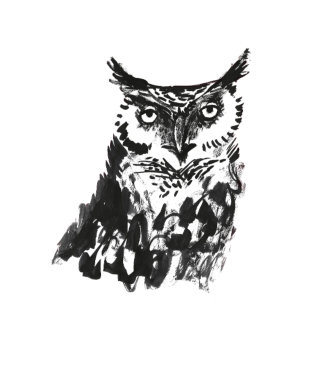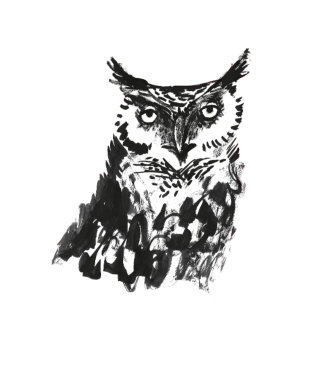The scene for this pitch story is the Eurostar area at St Pancras at 6.30am, shortly before the departure of the Paris train. Two shops, side by side, have the ideal monopoly pitch for serving passengers with very predictable needs.
The problem, for customers, was that one was really interested in their business and you could tell this at a glance. The other could not give a damn. And you could tell this at a glance. But you needed both.

The Paul coffee shop not only looked inviting, it was. At least six staff behind the counter handled time-pressured customers with energy and friendly enthusiasm as they met responses for this, that or the other cappuccino. The place was buzzing. The customers happy.
WH Smiths looked tired, messy with unopened stacks of magazines, narrow aisles with a long dispirited queue being served by a single cashier seemingly taken by surprise that the customers had a train to catch. The customers’ unhappiness compounded by the non availablity of newspapers.
The pitching point is that before actually experiencing the two you could tell instantly from the visual clues, their “corporate body language”, how they were likely to perform and which one you would like.
Pitch teams with good corporate body language are more attractive to the judges.

Incidentally, the generally poor corporate body language of WH Smith may help explain why they came 100th in a recent survey of UK retailers. They should revisit their history when, in 1850s, their staff raced along platforms selling books to on-board passengers in the few minutes of a station stop.
